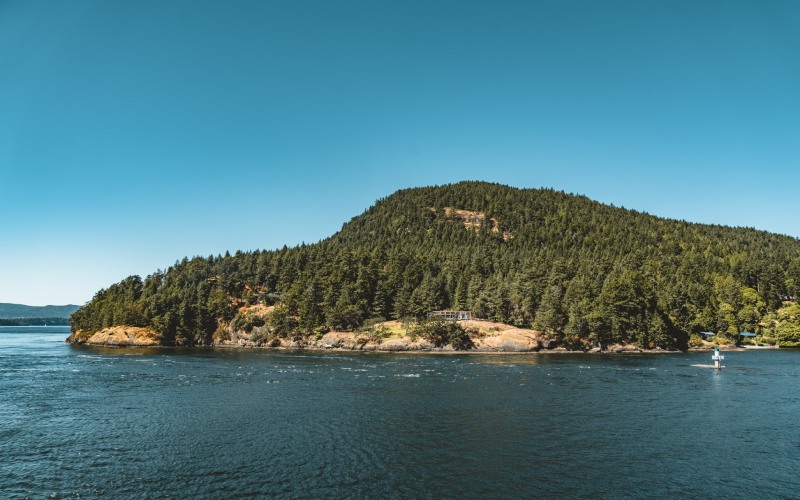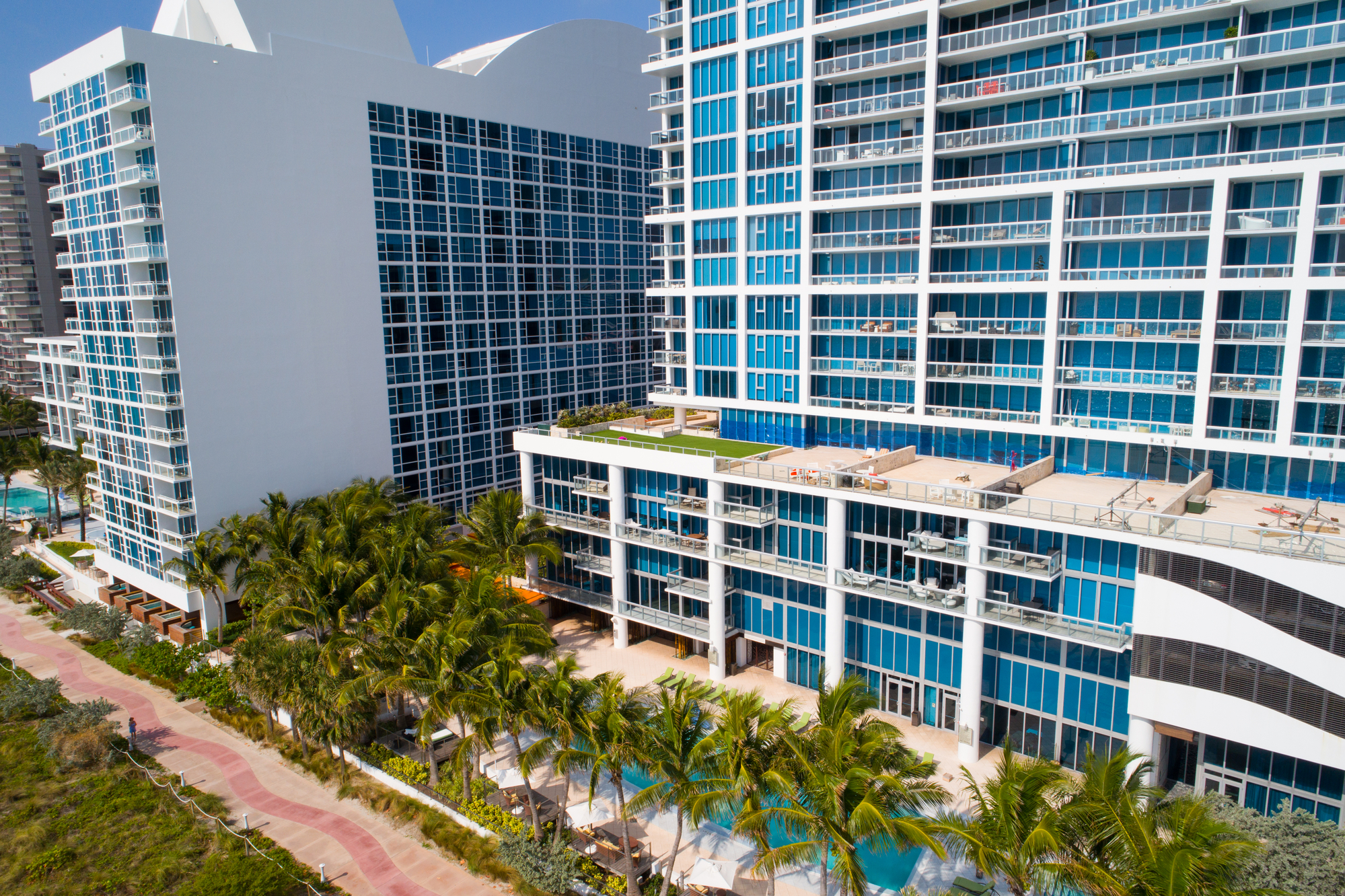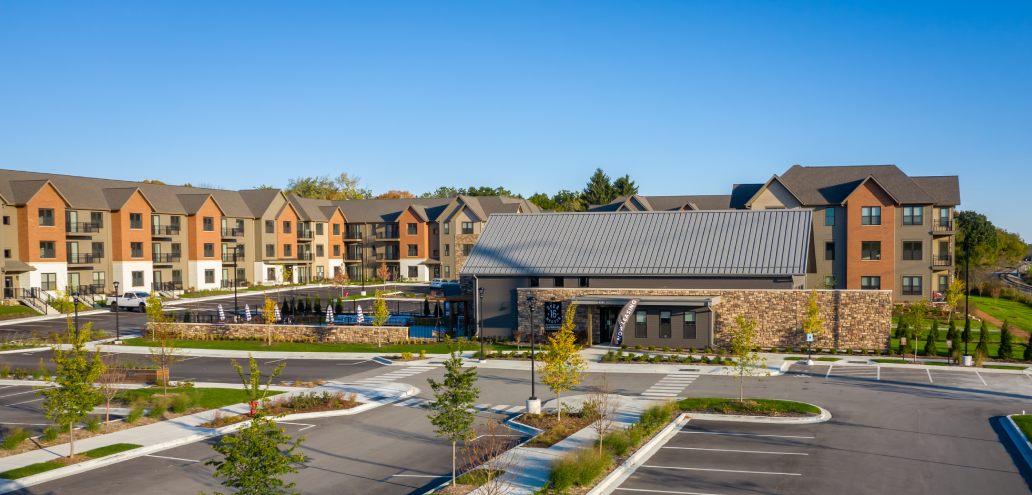Significant legislative changes to short-term rentals in BC are coming into effect on May 1, 2024.
The Short-Term Rental Accommodations Act, which gained royal assent on October 26, 2023, was aimed at increasing the supply of long-term residential housing, empowering local authorities with better tools for short-term rental bylaws, and developing a new provincial registry for all short-term rental hosts. The overall goal was to return short-term rental units back to the long-term rental market. While some of the legislation took effect immediately, some changes are slated to come into effect in May.
Short-term rental units will be limited to the host’s primary residence and one secondary suite or accessory dwelling unit in municipalities with a population of 10,000 people or more, as well as the neighbouring communities. Protections for “legal non-conforming use” will be eliminated, stopping the operation of “legacy” short-term rental units that continue despite municipal bylaws.
Business licenses must be displayed on listings on short-term rental platforms.
Further changes will be coming this summer and ongoing. Data sharing agreements between government and short-term rental platforms will be implemented, and a provincial short-term rental registry for hosts and platforms will be established.
It’s important to note that while the new regulations establish a minimum standard for the province, they do not override any municipal regulations that are more stringent. For example, the City of Kelowna has recently prohibited short-term rentals as a secondary use across all zoning areas; these rules will remain in place.

There are some key exemptions in the changes. These exemptions include hotels, motels, strata hotels, timeshares, fishing lodges, First Nations reserve lands, and modern treaty lands, unless those First Nations choose to opt into the restrictions.
Also, some smaller communities and tourist destinations are exempted. This includes resort municipalities, mountain resorts, and electoral areas, including the Gulf Islands, and most municipalities with a population under 10,000 people. Regional districts will be empowered to license these short-term rentals. Small exempt municipalities may choose to opt in to the regulations, even if they are initially exempt from the principal residence requirement.
There are also potential opt-out mechanisms for local governments if the rental vacancy rate is 3% or higher for two or more years; however, these are very limited. They apply to geographic areas, not specific buildings or parcels.
The BC government has further information on opt-out provisions, exemptions, and other details about the new regulations.








